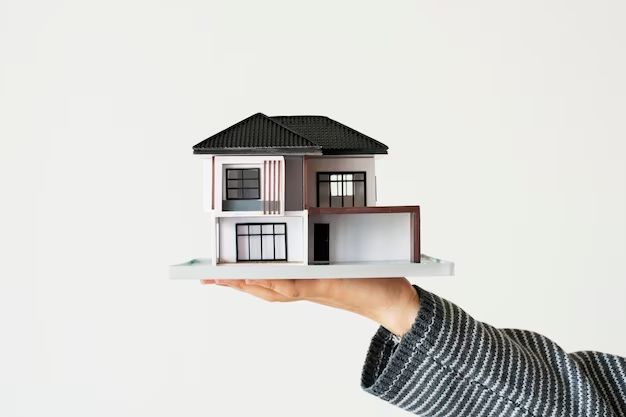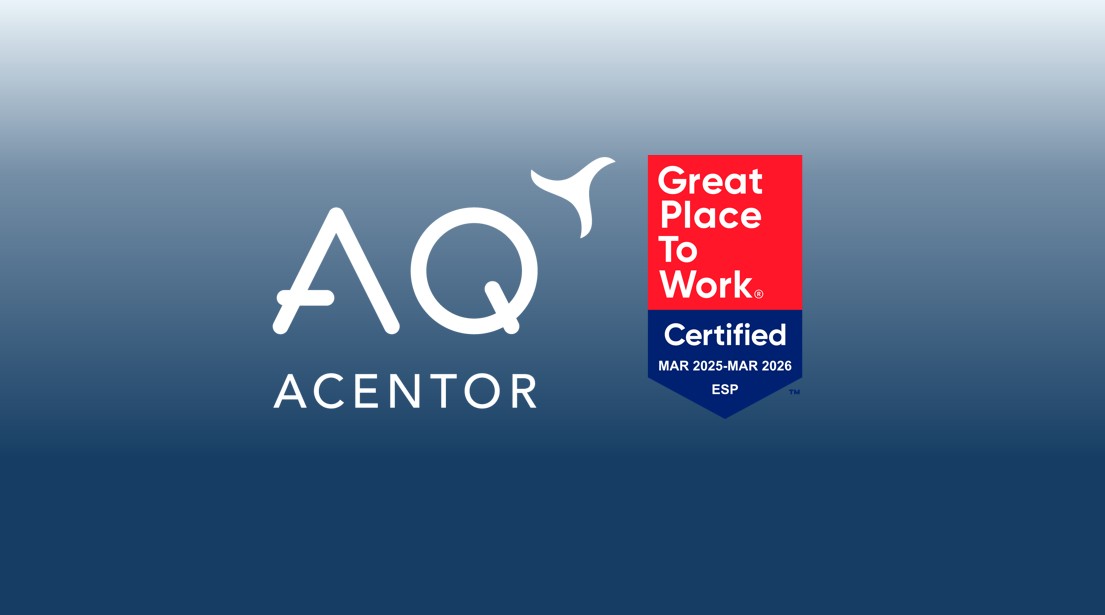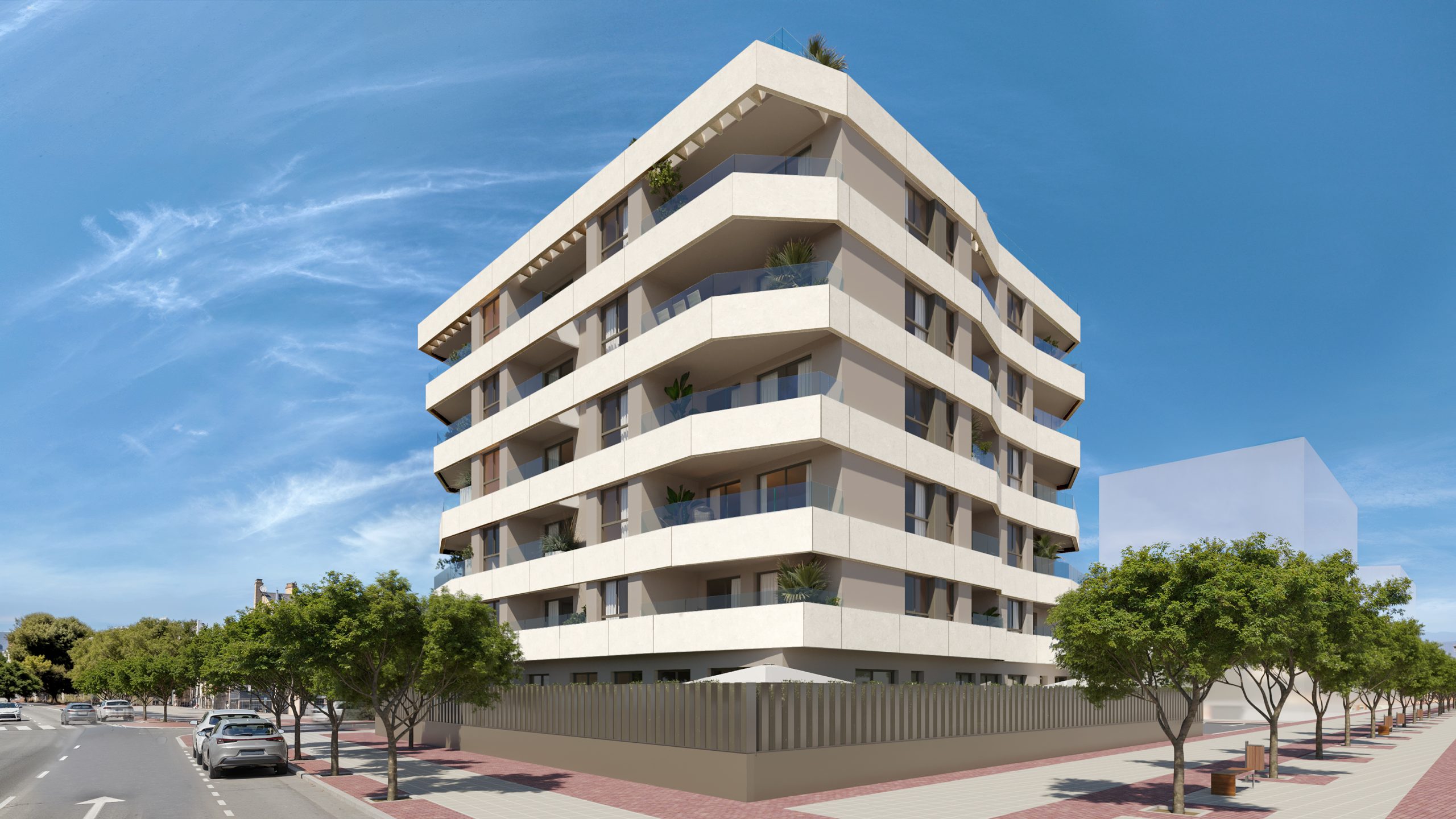What is bare ownership of a home?

If you are wondering what bare ownership of a home is, it is a legal concept that refers to a person who has rights over an asset, in this case as the owner of a property, but cannot use it. This means that a bare owner is the person who owns the asset. However, the property is actually used by and in the possession of a third party who has the right of usufruct. Would you like to know how bare ownership works? Here’s a rundown of everything you need to know in this article.
Can the bare owner live in the property?
The answer is very simple: no, they cannot live in the property. As we explained in the introduction, the bare owner owns the property, but they do not have the right to use it in any way. This right is reserved for the usufructuary, who has the right to use the property, although they do not own it. That being said, the owner may use the property once the usufruct is extinguished.
Who may buy a bare property?
Any person or entity may buy a bare property, provided that they respect the rights of the usufructuary.
The sale of bare property involves a homeowner (who is usually advanced in age) transferring the ownership of the home in exchange for a one-off payment, a periodic annuity or a payment of half the amount upon signing the contract and the rest in monthly instalments for life.
Although the bare owner may not reside in the property, what they can do is transfer ownership of the asset or use it as collateral in certain cases.

Do bare properties need to be declared in tax returns?
The owner must include the property in their income tax declaration and indicate in the property section that they own a bare property. However, the property does not generate any taxes, as the bare owner does not obtain any income via the use of the property, nor are there any real capital gains.
As for the usufractuary, the income received from the transfer of the right of use of the property, such as a lease or income received upon selling the bare property, do need to be declared in their income tax returns.
Rights of the bare owner compared to the usufructuary
The bare owner’s rights are as follows:
- They have the right to the property, although they cannot use it.
- They can sell the property, although they must always respect the usufructuary’s rights.
- They may use the property as collateral and carry out work or renovations that do not harm or reduce the value of the property.
- They have the right to reinstate usage once the usufruct has been extinguished.
Obligations of the bare owner
The bare owner’s obligations are as follows:
- Cover the costs of the purchase and sale. This includes notary and registration fees, as well as taxes (minus capital gains tax).
- Respect the rights of the usufruct.
- Manage extraordinary repairs of the building.
- Pay the taxes that correspond to the usufruct building, minus the property tax, which is the responsibility of the usufructuary.
- Cover the contributions on the capital while the usufruct is in force.
- Pay the mortgage on the property.
- Cover the community costs, unless the person who holds the right to use the property has an agreement that dictates otherwise.
Advantages and disadvantages of purchasing a bare property
You are most likely now wondering what its advantages and disadvantages are. Pay attention to what we have to tell you on the subject.

Advantages of bare ownership
Purchasing bare ownership of a property offers a range of advantages:
- Savings on property costs. The properties will generally sell for less than the market average.
- Profitable investment in the mid to long term. The price of the property is less and when you obtain full rights over said property, the purchase will be very profitable.
- Avoid paying certain costs. The bare owner will not have to pay any utility bills, such as water, electricity and gas.
- Option to sell the bare property.
Disadvantages of bare ownership
Purchasing a bare property also has its downsides:
- You cannot use the home you’ve purchased.
- You will need to pay the purchase/sale fees, taxes and community fees.
- Property registration fees. Once the usufruct has been completed, the owner of the home will need to pay the property registration fees and any corresponding taxes for the purchase.
You do not have control over rentals. The usufructuary may rent the property, but the bare owner cannot.
Now that you know what bare ownership is, you can take advantage of your assets in a smart way without taking any risks. Having bare ownership over a property is an interesting and safe way to increase your capital. If you decide to go for a more classic means of purchasing, at AQ Acentor we offer developments with significant benefits to improve your quality of life.


